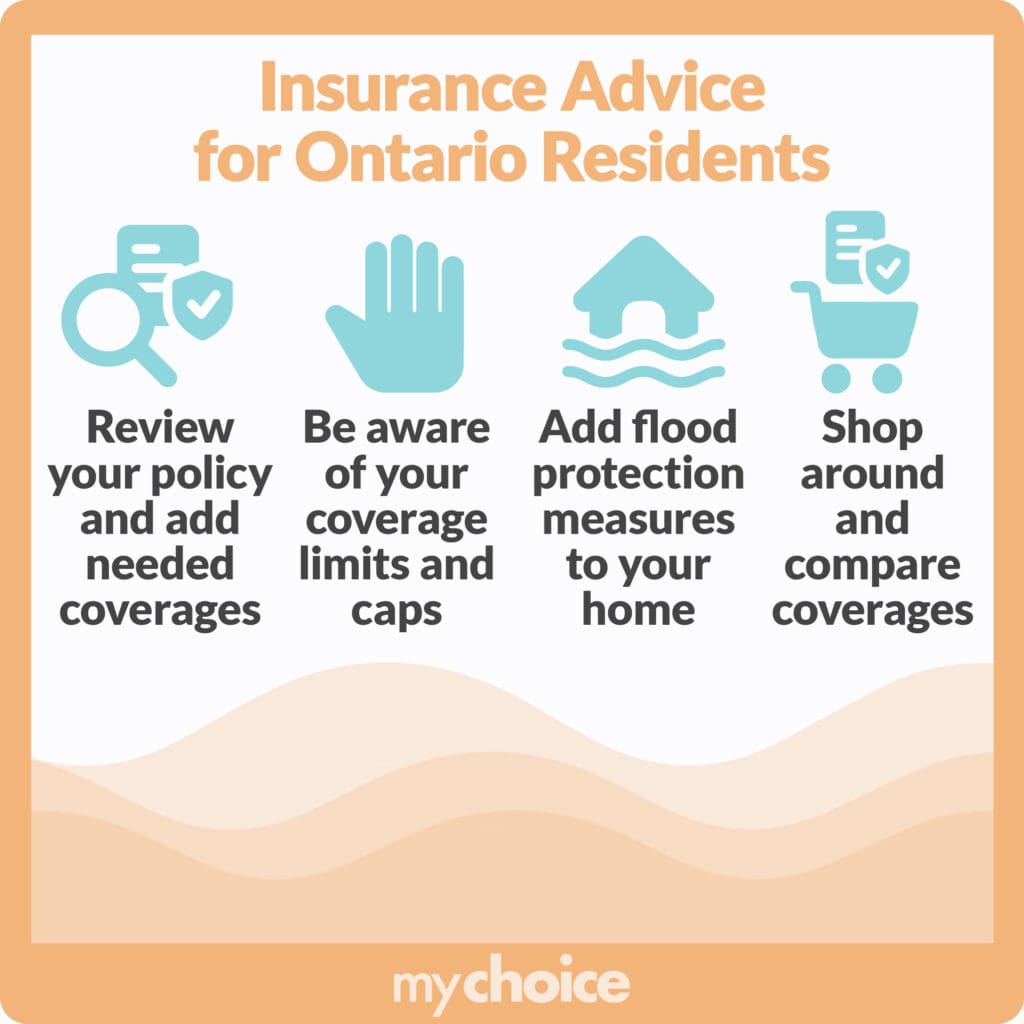Flooding remains the most frequent extreme weather event in Canada. As the incidence of catastrophic floods has increased in the past few years, it’s become more important than ever for homeowners to have coverage and protect their property. This was made starkly clear during the flash flooding in southern Ontario this July, which damaged hundreds of homes and businesses.
How severely did the summer flash floods affect Ontario, and what should homeowners do to be prepared for these disasters? Keep reading to learn more about how flooding impacted the province and get advice on home insurance needs related to flood damage.
Which Ontario Communities Got Impacted the Most?
The following Ontario areas were noticeably affected by the flash flooding on July 16, 2024, and experienced these issues:
Other areas such as Hamilton and Ottawa weren’t as heavily impacted as these communities, but they also experienced public transport disruptions and infrastructure damage.
Insurance Advice for Ontario Residents
With an expected rise in the incidence of extreme weather events in the next few years, homeowners should consider getting optional flash flood insurance in Ontario to help cover the cost of replacement, rebuilding, and repairs. Here are some insurance-related tips to help Ontario residents navigate this challenging situation:

Government Grants and Assistance Programs
In the wake of the increased severity and frequency of flash floods in Ontario, affected residents can turn to these various programs and government grants:
Key Advice from MyChoice
- If you need to file a home insurance claim due to flash floods, remember to reach out to your insurer ASAP and provide detailed information to support your claim. Keep records of correspondence with your insurer and receipts for additional living expenses in case you’re displaced from your Ontario home.
- Know your community’s flood history to understand the risks better and prepare your home with preventative measures like cleaning your gutters or installing sump pumps.
- Sign up for local weather alerts and have an emergency kit with the essentials ready, should you need to evacuate.








